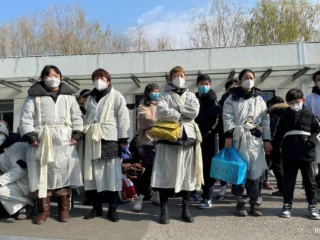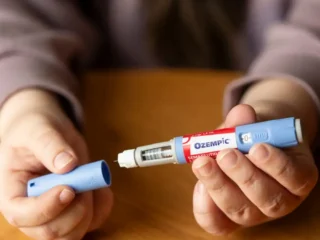The Indian government’s recent incentives to boost domestic manufacturing of active pharmaceutical ingredients (APIs) and key starting materials (KSMs) will have a long term positive impact on domestic pharma industry, Fitch rating agency has said.
According to Fitch, stimulus given by the central government address fundamental issues involving price competitiveness and funding. Hence, they will prompt domestic pharma companies to commit big investments, the rating agency has said on Monday.
Thanks to its strength in generic formulations, India has emerged as one of the world’s leading suppliers of drugs. However, the biggest challenge for India in maintaining its leadership position stems from its over-reliance on China for APIs and KSMs.
China accounted for more than 60 per cent of requirements in some therapy areas.
India’s reliance on pharma ingredient imports has risen over the past few decades due to the higher cost of domestic production with the price gap reaching as much as 20 to 30 per cent, particularly for energy-intensive fermentation-based ingredients used in anti-infectives.
Import dependence is more than 90 per cent for some life-saving drugs, including penicillin and ciprofloxacin.
“We believe the government announcement, which includes production-linked incentives and financial assistance schemes aggregating to 1.3 billion dollars, will help address the two keys issues: the higher cost of domestic production compared with imports and funding requirement to set up the necessary infrastructure”, said Fitch
The government has announced production-linked incentive schemes under which pharma companies will get subsidies from the government for fermentation-based products and chemical synthesis-based products for the next eight to nine years.
The government has also allocated 0.4 billion dollars (about Rs 3,000 crore) under the capex assistance scheme to fund up to 90 per cent of the investment need to build common infrastructure facilities in three bulk drug parks.
“We believe this will aid the investment decisions of Indian pharma companies, particularly in the current environment where the focus in on conserving cash,” said Fitch.
The Indian pharmaceutical industry is the 3rd largest in the world by volume. However, despite this achievement, India is significantly dependent on import of basic raw materials, viz., Bulk Drugs that are used to produce medicines. In some specific bulk drugs the import dependence is 80 to 100%.
Continuous supply of drugs is necessary to ensure delivery of affordable healthcare to the citizens. Any disruption in supplies can have significant adverse impact on Drug Security, which is also linked to the overall economy of the country. Self-sufficiency in manufacturing of bulk drugs is highly required.
Production Linked Incentive Scheme
The scheme was announced by the Centre in march 2020:
- Financial incentive will be given to eligible manufacturers of identified 53 critical bulk drugs on their incremental sales over the base year (2019-20) for a period of 6 years.
- Out of 53 identified bulk drugs, 26 are fermentation based bulk drugs and 27 are chemical synthesis based bulk drugs.
- Rate of incentive will be 20 % (of incremental sales value) for fermentation based bulk drugs and 10% for chemical synthesis based bulk drugs.
- A sum of Rs. 6,940 crore has been approved for next 8 years.






